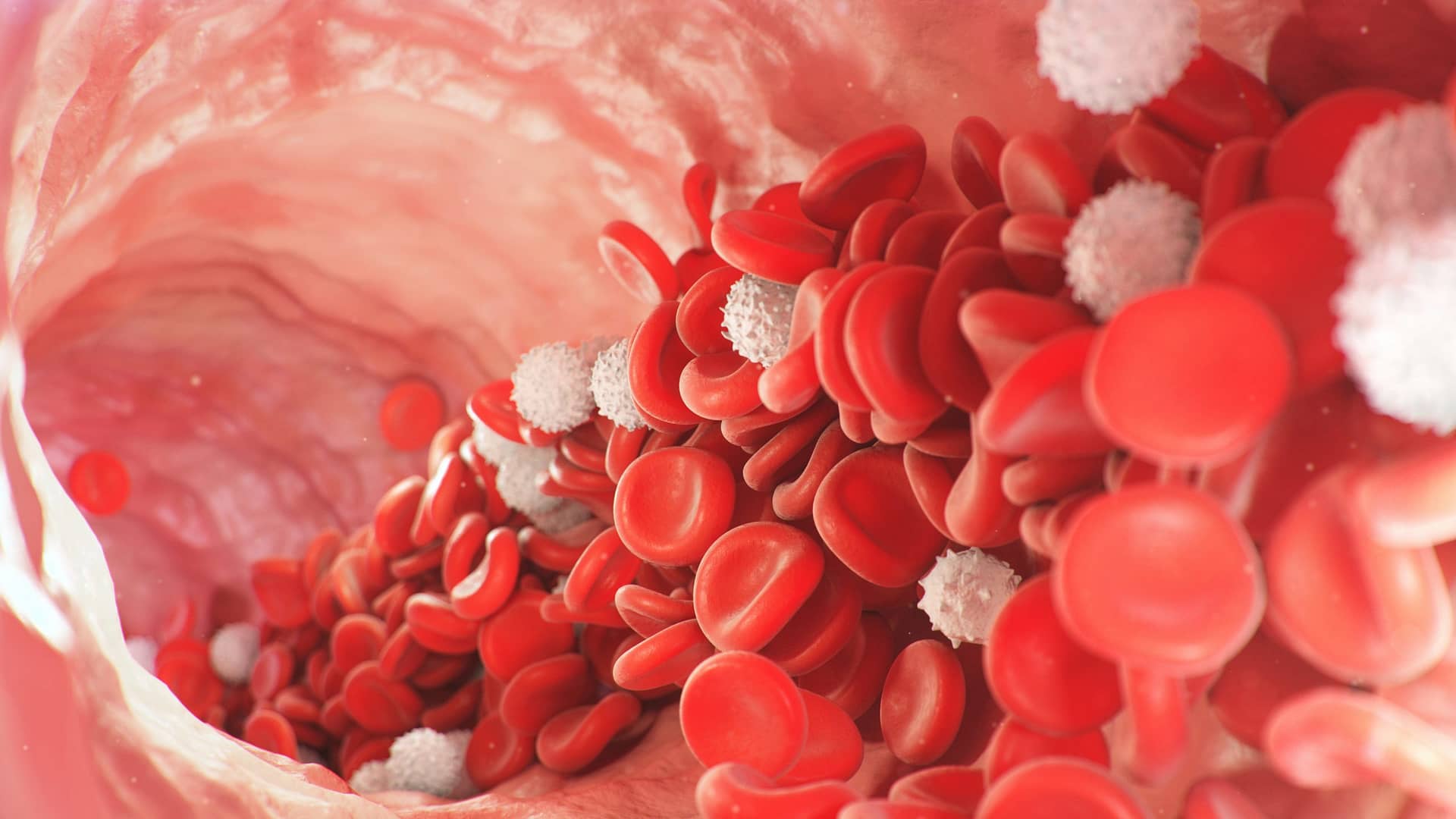Anemia is a condition where a person lacks red blood cells or hemoglobin. In addition to getting rid of waste products, managing electrolytes, and removing excess fluid from the body, kidneys are also involved in regulating the production of red blood cells by various mechanisms. People who have chronic kidney disease (CKD) are at an increased risk of developing anemia.
Iron and Anemia
Iron is one of the building blocks of a red blood cell. Adequate iron absorption from our diet and storage and utilization is essential to prevent anemia. As kidney disease progresses, natural chemicals like hepcidin are present, which prevent iron from being fully available to produce blood. Hepcidin and other chemicals reduce the production and survival of red blood cells (RBCs) in the body.
The Kidney’s Role in Anemia
Another vital component to producing red blood cells is the production of a hormone called erythropoietin (EPO), which stimulates the bone marrow to make red blood cells. This hormone is produced in the kidneys and may become deficient with declining renal function.
There are other causes of anemia that may not be directly related to CKD but still need to be considered when anemia is noticed on blood tests in CKD patients. When anemia is diagnosed in a patient with CKD, the nephrologist will perform an evaluation to rule out many potential causes.
Treating Anemia of CKD
Nephrologists can help to treat this condition by recommending treatment options based on the results of the evaluation. This may include iron supplements (either pills or intravenous), vitamin B12, folate, or injections to replace the inadequate amount of erythropoietin.
We monitor the patient’s response to therapy by checking routine blood count and iron levels. While receiving synthetic erythropoietin, other medical conditions like uncontrolled high blood pressure, stroke, and cancer history will be fully assessed to determine risks versus benefits of such treatment.
Identifying and treating anemia adequately can significantly improve the quality of life for a patient with CKD and avoid complications involving other organs in the body.


